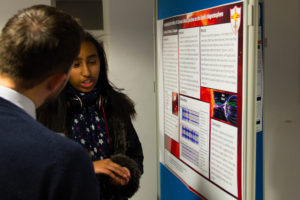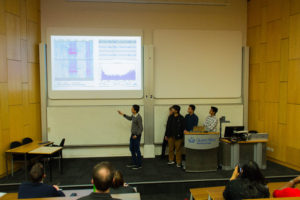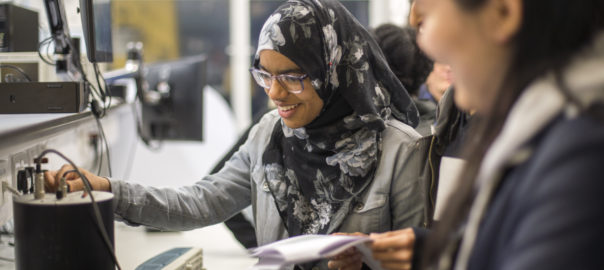There is a growing number of project s across the UK giving the opportunity for school students to run their own research projects. This has led to the launch of the Institute for Research in Schools in 2016. Ever wondered how the projects come together? Are you a researcher or teacher and thought about running such a project?
s across the UK giving the opportunity for school students to run their own research projects. This has led to the launch of the Institute for Research in Schools in 2016. Ever wondered how the projects come together? Are you a researcher or teacher and thought about running such a project?
Physicists at SEPnet partner, Queen Mary University of London, have been running
Research in Schools projects over the last two years. Through this time they have come across different challenges in setting up and running said projects. In this report SEPnet / Ogden Outreach Officer Dr Martin Archer looks back and highlights what has worked and what didn’t come together from these projects. These along with the report’s conclusions and recommendations make it essential reading for those looking to set-up similar projects.
The report highlights how Research in Schools projects can have positive impacts on both students and teachers but states how structure and support from universities were important to their success.
Download the Main Report here.
Supplementary material:
Collaboration Agreement with Schools
ULF Project – Teacher’s Guide
Muon Project – Teacher’s Guide
SEPnet would like to thank QMUL’s Centre for Public Engagement for supporting the running of the Cosmic Ray Muon Project in 2015/16 through a Large Award and STFC for awarding a Public Engagement Small Award to purchase additional muon detectors enabling QMUL to take the cosmic ray muon project to five schools in 2016/17.
thank QMUL’s Centre for Public Engagement for supporting the running of the Cosmic Ray Muon Project in 2015/16 through a Large Award and STFC for awarding a Public Engagement Small Award to purchase additional muon detectors enabling QMUL to take the cosmic ray muon project to five schools in 2016/17.
SEPnet Outreach continues to encourage and support its partners to develop Research in Schools projects as part of its Schools programme. SEPnet also continues to participate in CERN@School and works closely with the Institute for Research in Schools.
If you would like more information please contact SEPnet Outreach at outreach@sepnet.ac.uk

